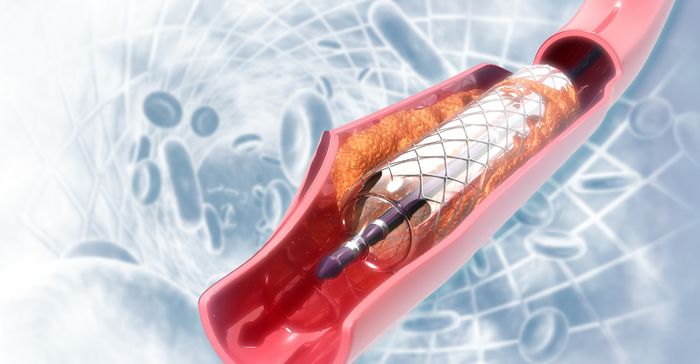ACC.23: Cardiovascular Sector Makes Some Noise
The sector is abuzz with clinical data presented at the 2023 American College of Cardiology Scientific Sessions & Expo.
Amanda Pedersen
March 6, 2023
4 Slides

Editor's note: These slides have been updated with key findings presented at the 2023 American College of Cardiology Scientific Sessions & Expo (ACC.23) over the weekend.
As expected, the cardiovascular sector made some noise in New Orleans, LA over the weekend at the 2023 American College of Cardiology Scientific Sessions & Expo (ACC.23).
The following slides cover late-breaking data in transcatheter aortic valve replacement (TAVR), transcatheter tricuspid valve repair (TTVr), pulsed field ablation (PFA), and mechanical thrombectomy for the treatment of pulmonary embolism (PE). The slides also include other recent clinical trial and regulatory news from the TAVR, TTVr, PFA, and mechanical thrombectomy sectors.
About the Author(s)
Sign up for the QMED & MD+DI Daily newsletter.
You May Also Like




